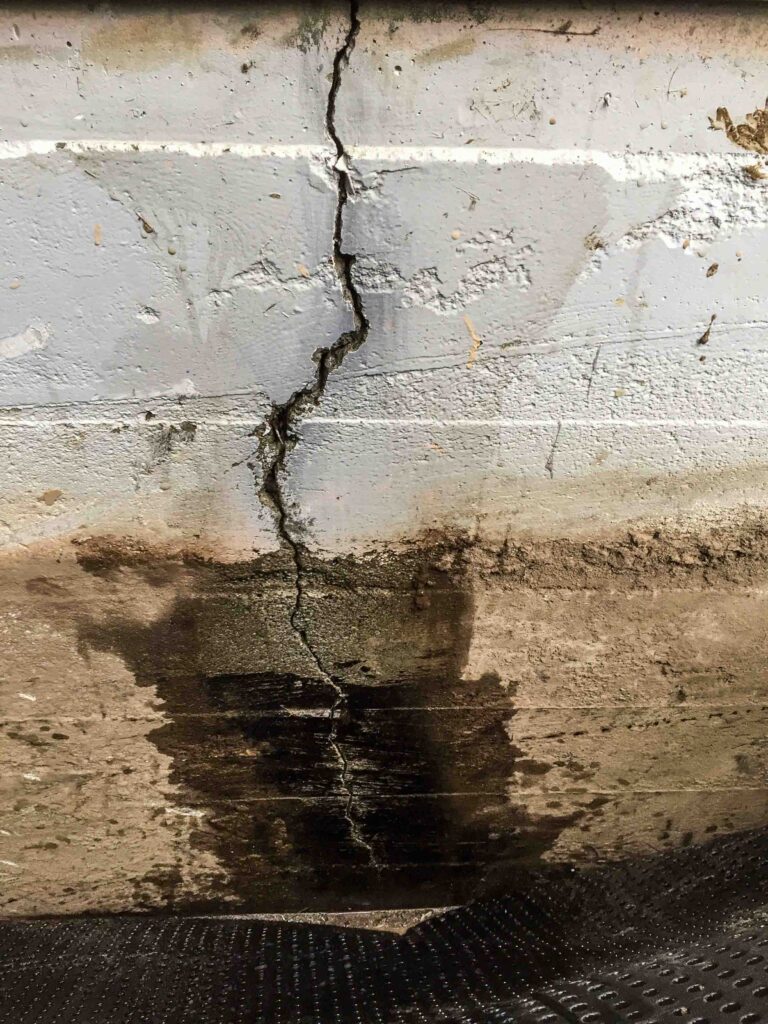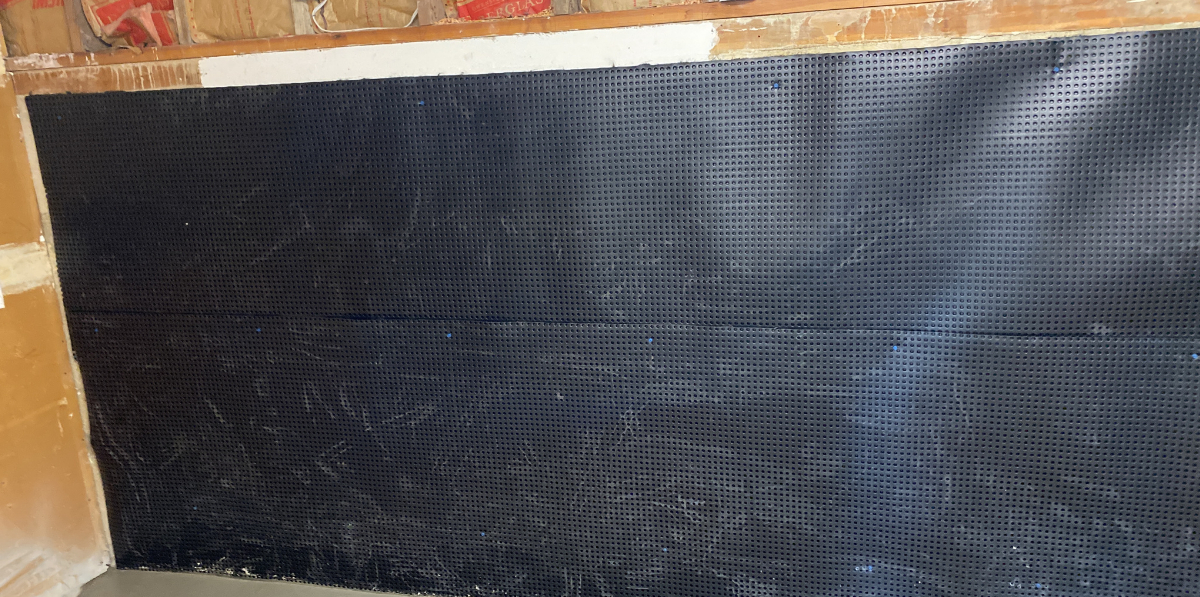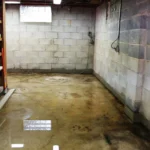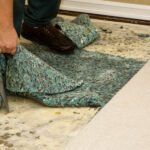Wet Walls Indicate Your Home Needs a Professional Assessment
Basements are often a problem area for many homes due to their below-ground location, making them particularly vulnerable to flooding, dampness, and mold growth. If you notice wet patches on your basement walls, it's a strong indication of underlying issues that need to be addressed. The causes of wet walls can vary widely, leading to a range of potential problems.
If you've already tried using a sump pump or dehumidifier to manage moisture levels but your walls, floor, or ceiling remain damp, it’s time to seek professional help.

What Causes Leaking or Wet Basement Walls?
Potential Damage Caused by Wet Walls
How to Address Wet Walls in Your Basement
Given the various potential causes of wet walls in your basement and the ways the issue can worsen, it’s crucial to address it promptly. Seeking a professional assessment as soon as possible is essential. A waterproofing expert from Wet Basement Services can not only identify the root causes but also evaluate the extent of the damage and recommend effective repair options.
While waiting for an appointment, there are steps you can take to manage the situation. Prioritize dehumidification and the removal of standing water. By reducing water levels and humidity in your basement, you can help prevent the problem from escalating. However, it’s best to avoid DIY solutions, as these could potentially exacerbate the issue.
FAQs About Wet Basement Walls
Trust the Professionals to Resolve Your Wet Basement Walls
First and foremost, it’s essential to reach out to a Wet Basement Services waterproofing expert to evaluate your basement and its specific needs. During their assessment, they will determine the reasons behind your leaking basement walls, identify how the damage occurred, and uncover any additional issues that may have arisen, along with the most effective solutions.
In some cases, the remedy might be straightforward, involving dehumidifying the basement and properly sealing any cracks to prevent further leaks. However, if the dampness has extended into other areas of your home or if your foundation has shifted due to settling, the solution could be more complex. Regardless of the situation, collaborating with a professional is the best way to address these issues promptly and ensure that your home remains on solid ground.




